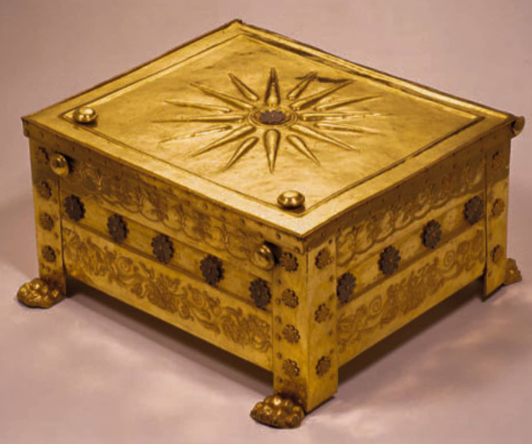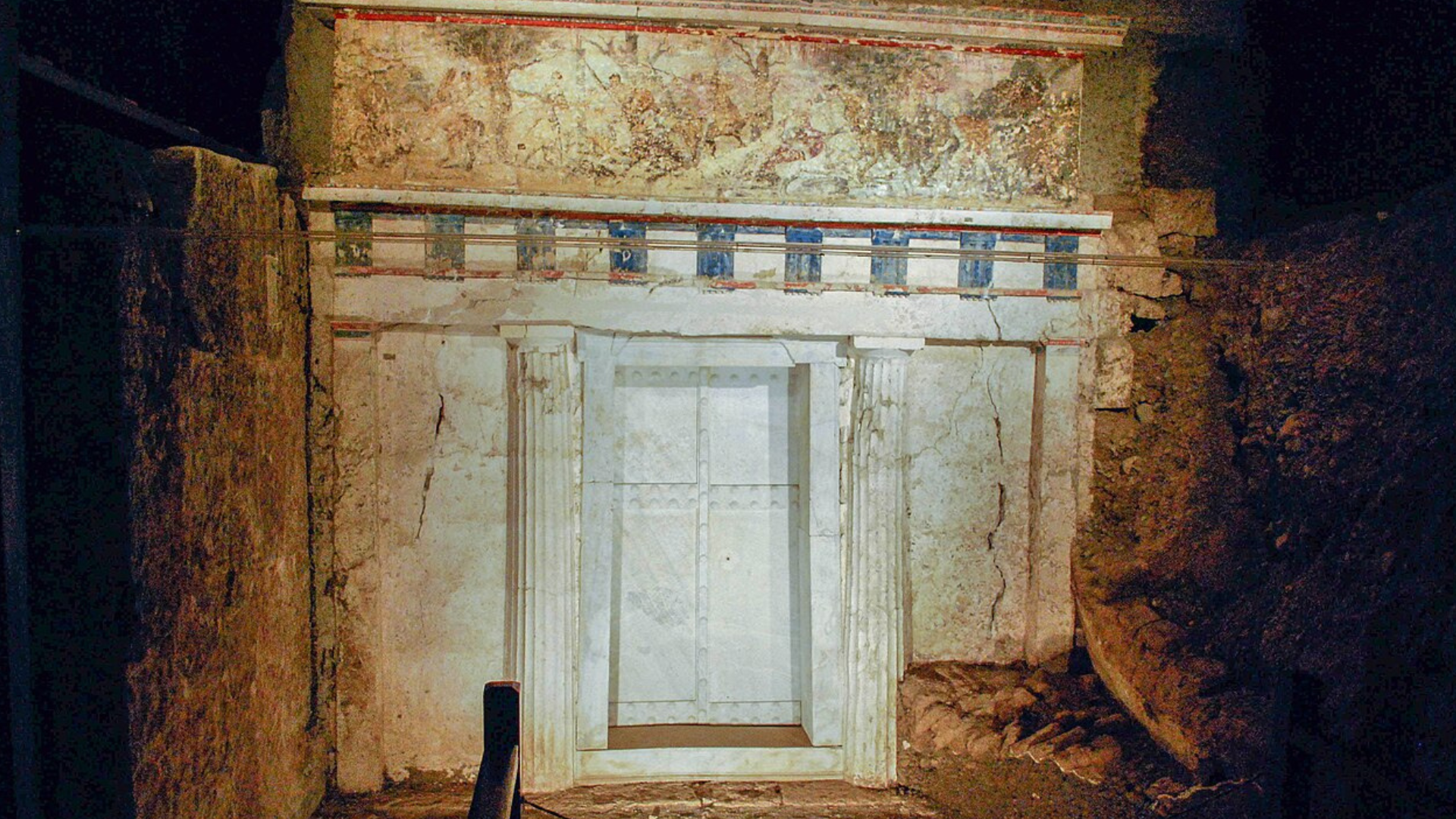In a list of the world’s 14 most mysterious travel destinations, Vergina, Greece, stands out—not just for its beauty, but for possibly holding the answer to one of history’s greatest enigmas: the final resting place of Alexander the Great.
Featured alongside global wonders like Easter Island’s Moai statues, Ethiopia’s church said to house the Ark of the Covenant, and Scotland’s Rosslyn Chapel (linked to the Holy Grail), Vergina earns its place through a mystery that has eluded scholars for centuries.

According to The Sydney Morning Herald, When Alexander died in Babylon in 323 BC, his body—reportedly placed in a coffin of hammered gold—was taken to Egypt by General Ptolemy. While most agree it was later moved to Alexandria, over 140 expeditions have failed to locate it.
Now, many experts suspect the tomb was secretly relocated to Vergina, home to the Royal Tombs of Aigai, where his father Philip II, son Alexander IV, and half-brother were buried.
Visitors to the Museum of the Royal Tombs of Aigai in Vergina can explore these richly adorned tombs and view artefacts that shed light on ancient Macedonian burial customs. The museum and surrounding archaeological site provide vital clues that continue to fuel speculation about Alexander’s lost tomb.
While the mystery remains, Vergina offers perhaps the closest link yet to solving it—making it a must-visit for curious minds.
Source: The Sydney Morning Herald
